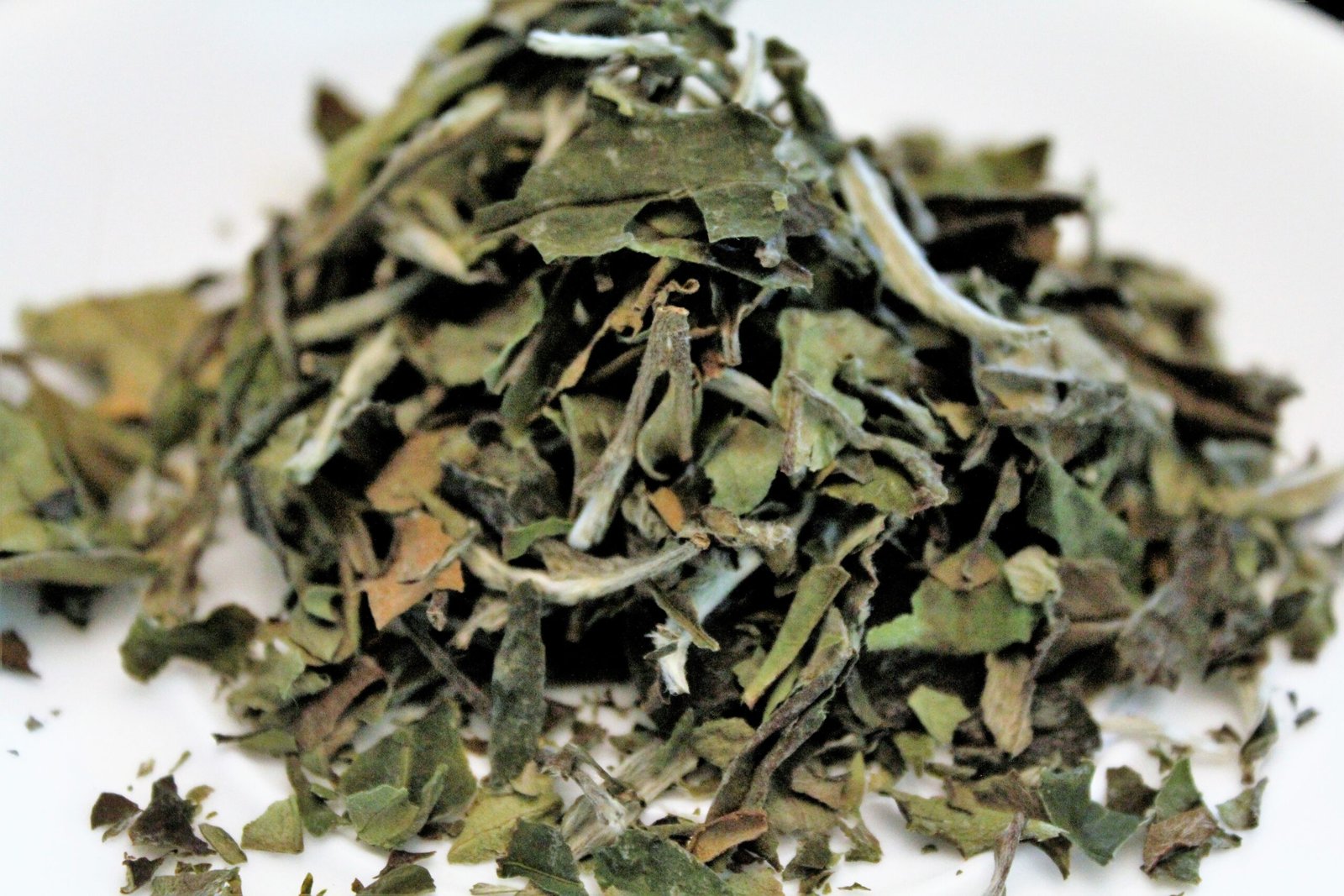Rosehip has been gaining attention lately as a natural superfood packed with health benefits – from boosting immunity to improving skin. But is it really worth the hype?
In today’s post, we will explore rosehip’s science-backed benefits, possible side effects, how to consume it effectively, and even its calorie content. Let’s get into it!
What is Rosehip?
Rosehip is the fruit of the wild rose plant, most commonly Rosa canina. Native to Europe, the Middle East, and parts of North Africa, rosehips are small, reddish-orange fruits that appear after the rose petals fall off.
They’ve been used for centuries in herbal medicine, often brewed as tea or used to make oil, powders, and supplements. What sets rosehip apart is its exceptionally high vitamin C content, making it a popular choice for natural immune support.
Health Benefits of Rosehip
Let’s take a closer look at the science-backed benefits of roship:
1. Rich in Vitamin C
Rosehip contains more than 426 mg of vitamin C per 100g, which is over 10 times the amount found in oranges.
👉 This helps boost your immune system, promote collagen production, and combat fatigue.
2. Potent Antioxidant Properties
Rosehip is rich in flavonoids, carotenoids, and polyphenols, all of which help protect your cells from oxidative stress and aging.
3. Supports Joint Health
According to a 2012 study published in Phytomedicine, rosehip extract may help reduce joint pain and stiffness, especially in people with osteoarthritis, thanks to its anti-inflammatory effects.
4. Promotes Skin Health
Rosehip oil is widely used in skincare for its ability to hydrate the skin, reduce wrinkles, and fade pigmentation. Its high content of vitamins A and E makes it especially effective in repairing sun-damaged skin.
Are There Any Side Effects?
While rosehip is generally considered safe, some people may experience side effects, especially if consumed in large amounts or applied to sensitive skin.
Digestive Issues
Overconsumption may lead to stomach upset, bloating, or diarrhea.
Kidney Stone Risk
Excess vitamin C can increase oxalate levels, potentially raising the risk of kidney stones in susceptible individuals.
Allergic Reactions
Rosehip oil or extract may cause skin irritation or allergic reactions, such as rashes or itching. Always do a patch test before using it topically.
How to Take Rosehip Effectively
Rosehip is incredibly versatile and comes in various forms:
- Tea: A gentle and soothing way to enjoy rosehip, perfect for daily use.
- Powder: Easy to add to smoothies, yogurt, or oatmeal.
- Capsules: Convenient for those looking for a quick supplement.
- Oil: Applied to the skin for hydration and anti-aging, but not suitable for consumption.
👉 A typical daily dose is around 5-10g of dried rosehip or 1-2 teaspoons of powder.
Calorie Information
Dried rosehip contains around 162 kcal per 100g, but since it’s usually consumed in small quantities – especially in tea form – calorie intake is minimal.
In Summary
| Category | Details |
| Origin | Europe, Middle East, North Africa |
| Key Benefits | Immune support, antioxidants, joint relief, skin health |
| How to Use | Tea, powder, capsule, oil |
| Side Effects | Digestive upset, kidney stones, skin irritation |
| Calories | ~162 kcal per 100g (dried form) |
Rosehip is a natural and powerful health booster that’s easy to add to your routine. Whether you are looking to enhance your immunity or improve skin health, rosehip might just be the ingredient your body’s been waiting for.
Just remember: as with any supplement, it’s best to consult a healthcare professional – especially if you have underlying conditions or are taking medication.
👉 Have you tried rosehip before? Share your experience in the comments!
Here are more articles you might also be interested 👇
Why Should You Start Your Day with Lemon Water?
Burdock Root Benefits and Side Effects
Surprising Benefits and Side Effects of Cinnamon

